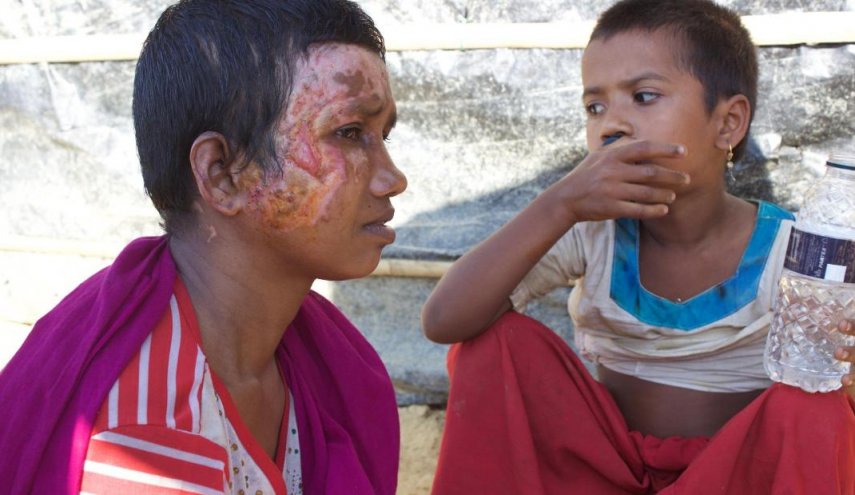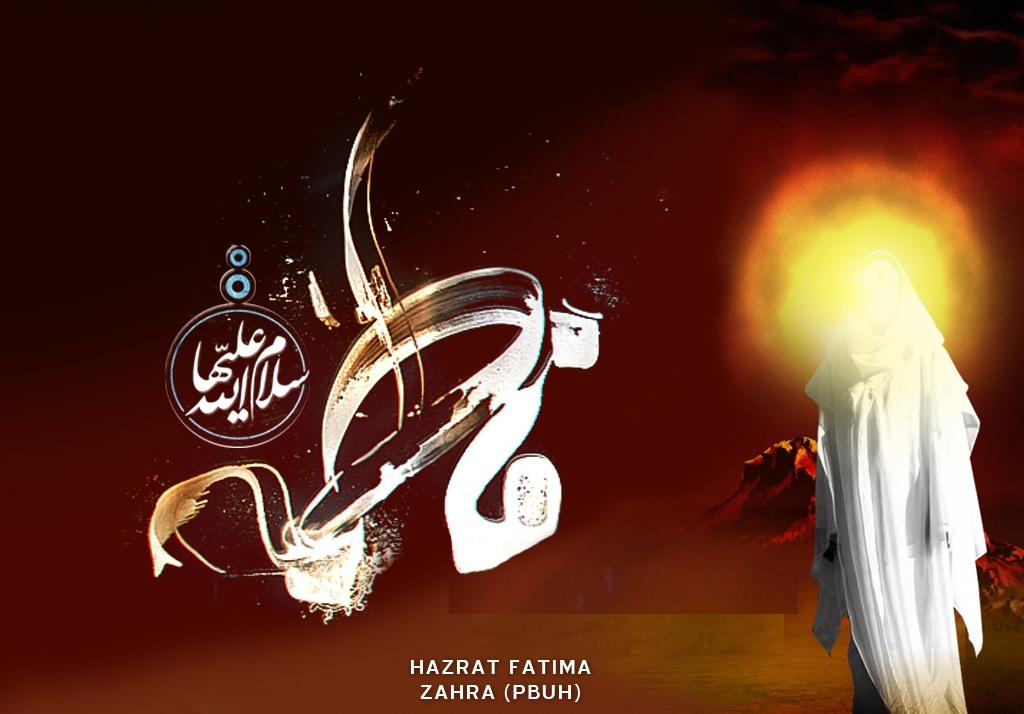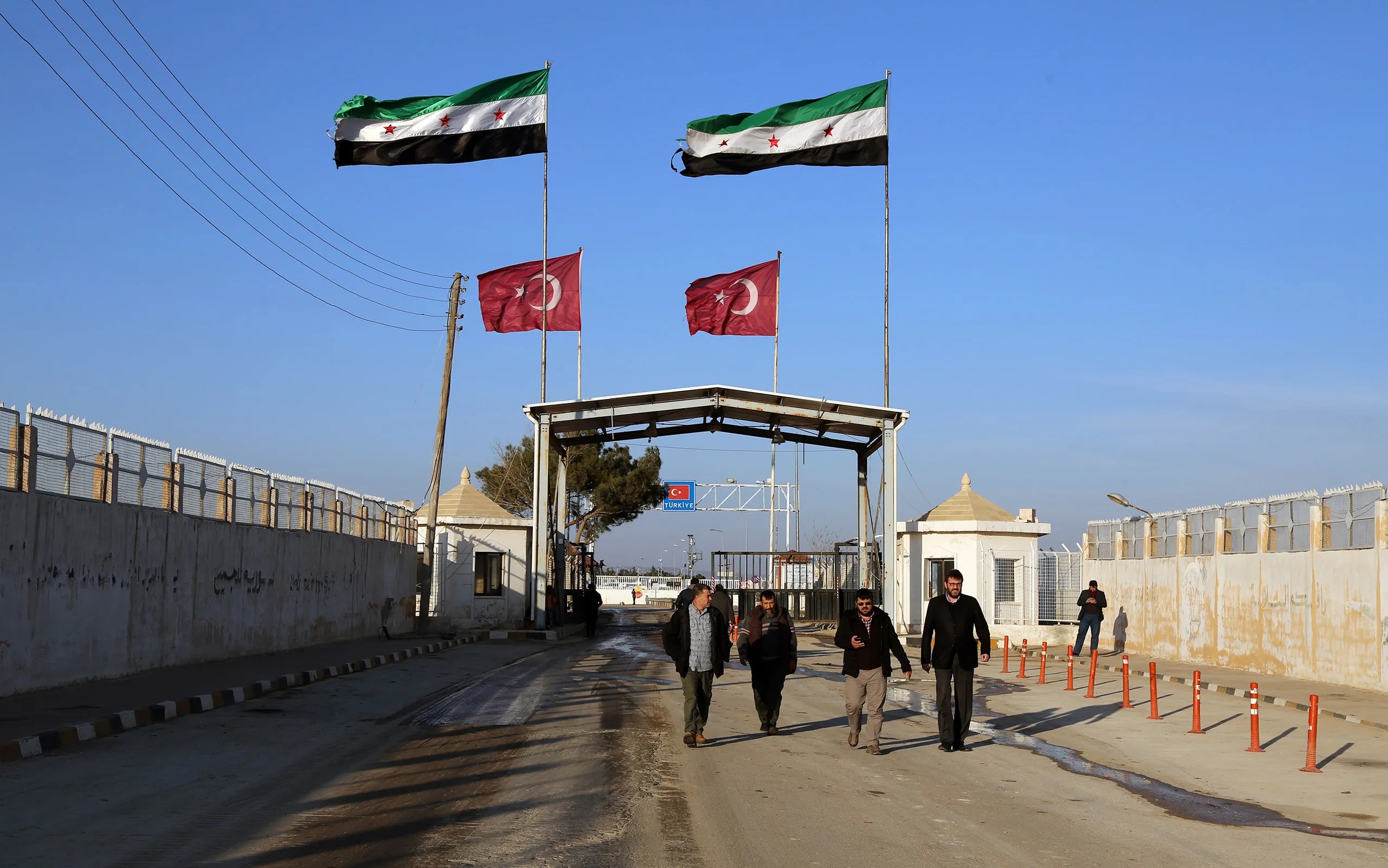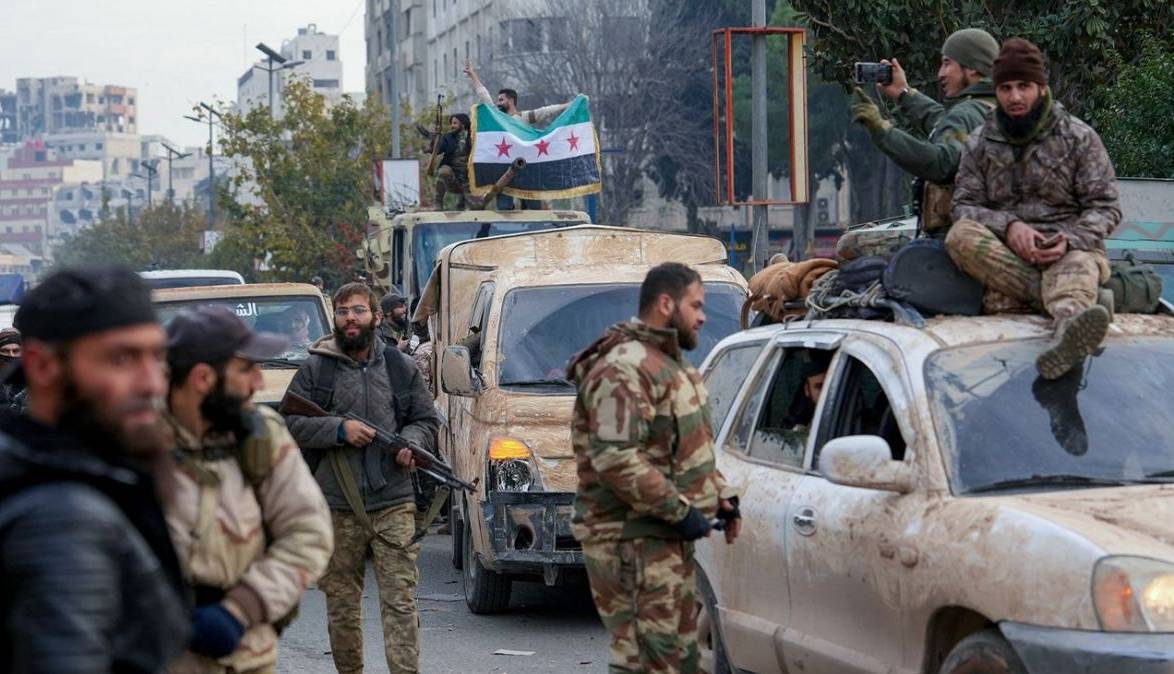"They killed and killed and piled the bodies up high. It was like cut bamboo," says Mumtaz, a Rohingya woman from the village of Tula Toli in western Myanmar.
"In the pile there was someone's neck, someone's head, someone's leg. I was able to come out, I don't know how."
The horrors Mumtaz says she endured didn't stop there. After escaping the mass grave, Mumtaz says she was dragged to a village house and raped by soldiers. The wooden house was then locked and set on fire.
It was her seven-year-old daughter Razia, who was in the hut, that ultimately saved her.
"I called to my mum. And my mum said, 'who are you?,'" Razia says. "My mother's head was split. She was thrown aside. They struck me and threw me aside."
"I said 'your finger is on fire.' Then my mum and I got out and left."
The pair squeezed through a damaged part of a fence and hid in a vegetable patch, before other villagers found them and helped them get to Bangladesh, where a staggering 613,000 Rohingya refugees have fled since August 25, according to aid agencies.
The refugees have escaped violent clashes in the north of Rakhine State, where Myanmar's military has intensified what it calls "clearance operations" targeting "terrorists" after Rohingya militants attacked police posts, killing 12 security officials.
The UN calls what's happening in Rakhine a "textbook example of ethnic cleansing" and the killings that took place in Mumtaz's village on August 30 have been described as one of the worst atrocities of the past two and a half months.
Shafiur Rahman, a Bangladeshi-British documentary maker, first heard about what occurred at Tula Toli after he filmed a group of Rohingya crossing the border between Myanmar and Bangladesh on September 2, three days after the killings.
The dramatic footage shows dozens of men and women clambering across barbed wire fences into no man's land, some of them covered in blood and carrying dead or injured relatives. Their distress is palpable.
"It quickly became clear to me that those telling me the most horrific accounts of their last few days were those coming from Tula Toli," Rahman tells CNN. "And what also struck me was the consistency in their stories."
He met Mumtaz and Razia in Bangladesh in late September. Almost mummified in bandages, Mumtaz had spent 15 days bed- bound in a clinic, unable to speak or even sip a glass of water. By mid-October, the horrific burns all over her face and body started to slowly heal, and Mumtaz began to share her story with Rahman in a series of interviews.
Accounts of mass rape, murder and arson have been given by many of the hundreds of thousands of Rohingya refugees who have escaped Myanmar.
But the testimonies Rahman has collected from a total of 30 Tula Toli residents over the past two months, and detailed in this report depict what Amnesty International describes in an October report as "what appears to be one of the worst atrocities of the Army's ethnic cleansing campaign."
"Amnesty International believes, based on consistent, corroborating witness accounts, that soldiers massacred at least scores of Rohingya women, men, and children from Min Gyi on 30 August," the Amnesty report concludes. Min Gyi is another name for Tula Toli.
Amnesty also released satellite images showing the village before and after the houses were burnt.
One of Myanmar's poorest regions, Rakhine State is home to the mostly Muslim Rohingya and the Rakhines, a predominantly Buddhist ethnic group.
The two have lived side by side in Tula Toli for generations although long-simmering tensions have often erupted into violence in the region. The estimated 1.1 million Rohingya have been denied citizenship in Myanmar, which regards them as Bengali. Bangladesh insists they are from Myanmar, rendering them effectively stateless.
In detailed video interviews and conversations, most of the 30 survivors told Rahman that they were given assurances by local officials that they would be safe if they remained in their village.
Mohammed Nasir said he was told: "They might torch the houses, but they won't kill anyone."
Residents describe helicopters landing near the village at 8 a.m. on the morning of August 30. The soldiers were joined by around 50 Rakhine Buddhists and other non-Rohingya minorities from outside the village, survivors said.
"They asked us to gather on the beach," Nasir says, describing the sandy bank of the meandering river that runs through Tula Toli. He saw the killings unfold from a hill.
"When they saw people gathering, they went straight for them. They were shooting continuously, at the same time the houses were burning.
Another resident, Rehana Begum, said she was also told to leave her home and stay near the river.
"They kept us there by saying that they would do us no harm," Begum says. "At 8 a.m., a helicopter landed and the village was besieged. Whoever was able to flee, they fled."
"(The military) surrounded us suddenly and we could not escape because of the river. The tide was high. There were no boats. Since my brothers could carry my children, I was able to swim and flee," she says.
"Many were shot, scores got hit and they fell on their face," Rehana said. "Those lying on the ground were picked up, chopped and later they were thrown into the river."
Hasina, a Rohingya woman from Tula Toli, says the soldiers and their accomplices threw her one-year-old daughter Sohaifa on a fire while she was still alive.
"They tore her from my arms," Hasina says, breaking down into tears. "They threw her into a burning pile of clothes. They had started a fire using people's belongings. And they threw her into the big burning pile."
Her husband had been working outside the village when the killings took place and later reunited with his wife in Bangladesh, where he found out about the death of their only child.
CNN cannot verify the accounts of the refugees, as access to Rakhine State is heavily restricted.
/106





